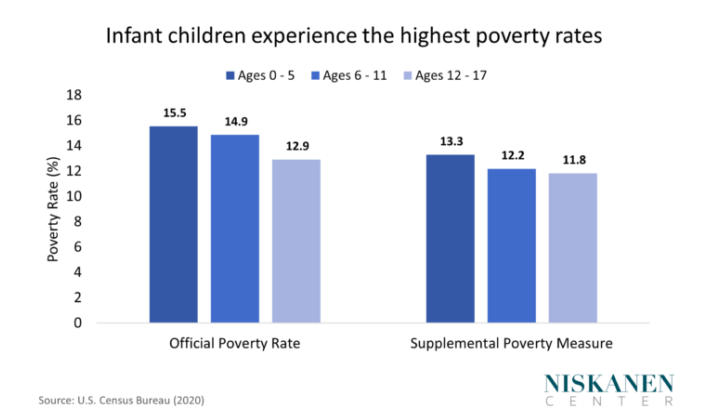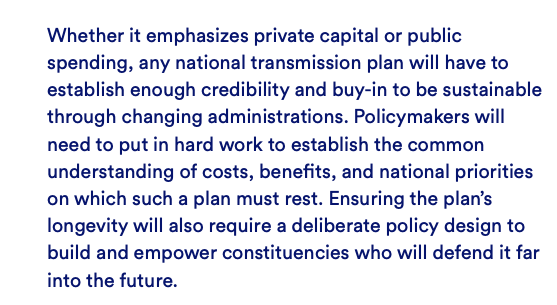
NEW from @AaronChalfin: In 1990, NYC experienced 2,220+ homicides. By 2011, it only had 515.
Then, against everyone's wildest expectations, homicides fell again.
What went right? Gang takedowns may be part of the answer.
THREAD: niskanencenter.org/how-a-focused-…
Then, against everyone's wildest expectations, homicides fell again.
What went right? Gang takedowns may be part of the answer.
THREAD: niskanencenter.org/how-a-focused-…
After NYC's first major homicide decline in the '90s, NYPD continued to make a concerted effort to combat violent crimes, relying on sustained surveillance of communities. This policy was best known for brief detainments called "stop-question-frisk." 

In 2011, a lawsuit was filed alleging that the NYPD's enforcement activity constituted a pattern of racially discriminatory policing.
So NYPD began to abandon "stop-question-frisk."
Everyone predicted that crime would go up. But that's not what happened.
So NYPD began to abandon "stop-question-frisk."
Everyone predicted that crime would go up. But that's not what happened.

As NYPD began to wind down its policy of mass street stops, it began to invest in a very different approach. It focused intensively on the small number of people engaged in retaliatory violence.
The signature policy of the new strategy: gang takedown.
The signature policy of the new strategy: gang takedown.

Evidence indicates that gang takedowns make public housing communities safer.
The takedowns may explain ~1/4 of the cumulative decline in shootings around public housing in NYC during the 2011-2018 period and >10% of the decline in shootings citywide. onlinelibrary.wiley.com/doi/abs/10.100…
The takedowns may explain ~1/4 of the cumulative decline in shootings around public housing in NYC during the 2011-2018 period and >10% of the decline in shootings citywide. onlinelibrary.wiley.com/doi/abs/10.100…
The takedowns were not followed by an increase in police enforcement.
That 👏 is 👏 HUGE.
NYPD was able to meaningfully reduce gun violence in some of the city’s most disadvantaged areas w/o broadly exposing people to the criminal justice system via more arrests.
That 👏 is 👏 HUGE.
NYPD was able to meaningfully reduce gun violence in some of the city’s most disadvantaged areas w/o broadly exposing people to the criminal justice system via more arrests.
Gang takedowns, of course, raise their own challenges.
1. The reduction in violence doesn't last forever.
2. Takedowns don't help rehabilitate arrestees so that they can return to a crime-free life
3. Gang sweeps can still entangle innocent people.
1. The reduction in violence doesn't last forever.
2. Takedowns don't help rehabilitate arrestees so that they can return to a crime-free life
3. Gang sweeps can still entangle innocent people.

Despite the limitations, what happened in NYC has massive implications.
Violence (esp. homicide in communities) is traumatizing.
Bad policing – an excessive focus on “quick rip” drug raids, low-quality arrests, and “juking the stats” – can be even more traumatizing.
Violence (esp. homicide in communities) is traumatizing.
Bad policing – an excessive focus on “quick rip” drug raids, low-quality arrests, and “juking the stats” – can be even more traumatizing.
The answer isn't less policing, but GOOD policing – more effective gang enforcement, building major cases, and conducting better gun violence investigations.
We have an increasing roster of empirical evidence and case studies to point the way. niskanencenter.org/how-a-focused-…
We have an increasing roster of empirical evidence and case studies to point the way. niskanencenter.org/how-a-focused-…
• • •
Missing some Tweet in this thread? You can try to
force a refresh









